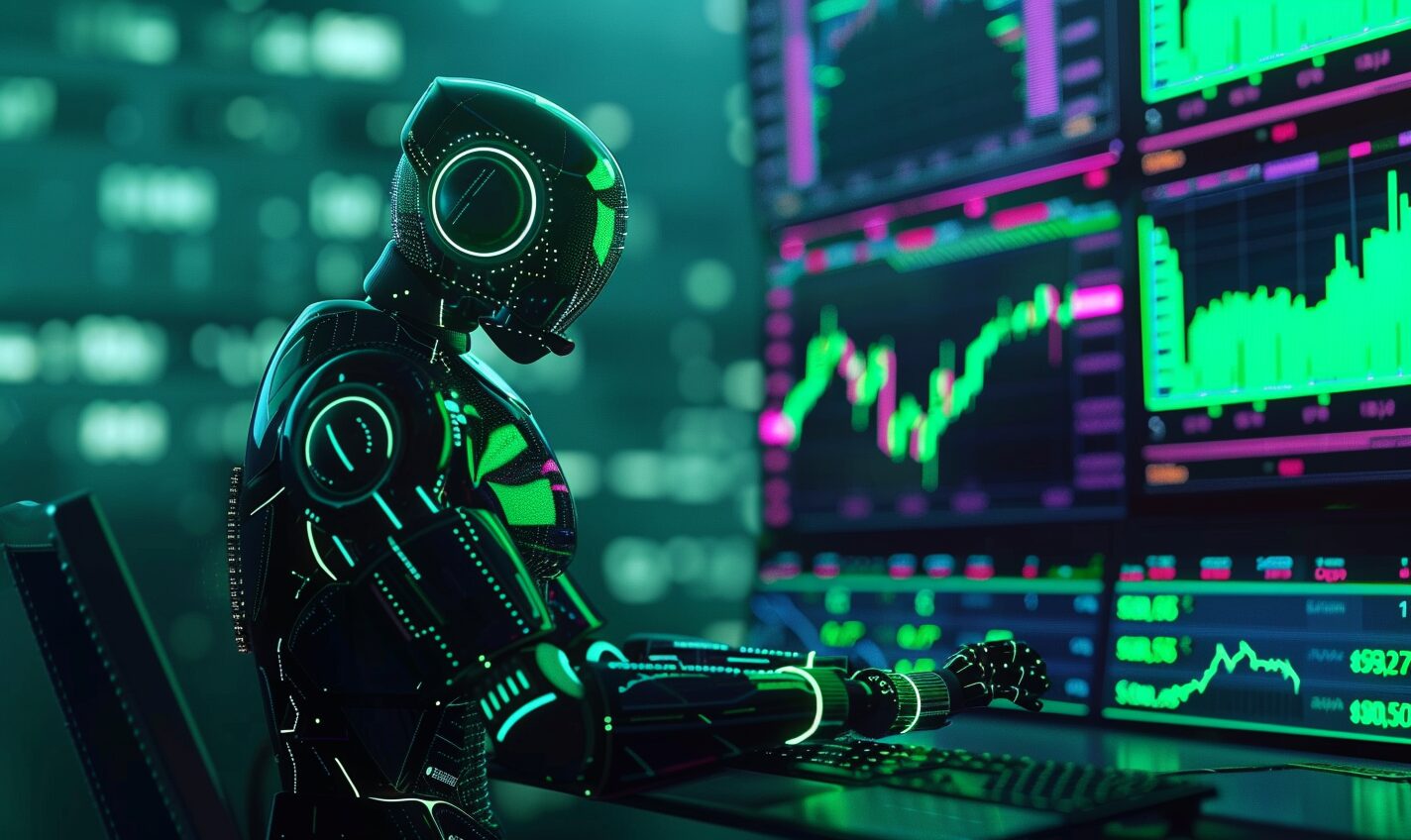For something so popular and influential, artificial intelligence seems to be rather tricky to define. Ask ten different people what AI is, and you’ll get ten unique answers. Some people say that Amazon’s Alexa is an example of artificial intelligence, but is it?
A lot of people give Alexa as an example of AI in everyday life. At the same time, you might’ve heard some people argue that Alexa isn’t really AI. So which one is it? Is Alexa AI or not?
Generally speaking, yes, Alexa is an example of AI. It’s not an instance of “strong” or “true” AI, though. Let’s take a closer look.
Different Levels of Artificial Intelligence
To understand the discrepancy here, you need to know that there are multiple levels of AI. You can categorize AI in various ways, but most people divide it into two categories: strong AI and weak AI. Alexa and other voice assistants are examples of the latter.
Strong AI, sometimes called true AI, is like what you see in the movies. It describes machines that possess intelligence and consciousness like a human and isn’t a reality yet. People argue over how you can tell if AI is strong, but everyone agrees that we won’t have strong AI for a while.
Weak or narrow AI is what you see today in things like Alexa, Apple’s Siri or Google Assistant. Weak AI isn’t actually intelligent but gives the appearance of human intelligence. These machines can learn and fake consciousness, but they don’t think for themselves.
How Alexa Uses Artificial Intelligence
It’s easy to see why Alexa isn’t strong AI, but where does AI come in at all? The first and most basic place you can see AI in Alexa is in how it talks. Alexa uses a process called natural language processing to understand and replicate human speech.
Alexa also uses machine learning — a process in artificial intelligence where machines are allowed to use data to learn and make decisions, rather than humans having to program every single response — to learn about your habits and preferences. If it notices a pattern in the things you ask or when you ask them, it’ll adapt to it. The more you use it, the more it understands what you want, so it gets better at answering you.
Similarly, Alexa is always improving. When it makes a mistake, or is unsure what to do, or sees that you reacted unfavorably to its response, Alexa will try to learn from the encounter and adapt for the next time a similar situation occurs.
If you use Alexa to turn your lights on and off, it learns when you tend to do so. If you forget to shut off the lights one night, Alexa may ask you about it. That’s just one example of Alexa using AI to be a better assistant.
Alexa’s Advancing AI
As with any AI, Alexa’s becoming more advanced all the time. Take its natural language processing, for instance. It used to break down words into parts, but now it uses deep neural networks to process entire sentences at once.
This approach to language can help it sounds more natural when it talks to you. It can also lead to better understanding when you say something. As Alexa uses these features more, it will find what works and what doesn’t, improving it further.
Alexa is even learning to pick up on sounds like breaking glass when you’re not home. That way, it can alert you that something could be wrong. With more advancement, Alexa’s AI could become a helpful safety feature.
AI Is All Around Us
You may not see strong AI for a long time, but AI itself isn’t some futuristic concept. You can find examples of artificial intelligence everywhere, even in your home; if you don’t have Alexa, you probably have Siri, Microsoft’s Cortana or any number of voice assistants. Alexa’s not the most advanced AI in the world, but it is a remarkably common one, and it will continue to learn and improve.
Recent Stories
Follow Us On
Get the latest tech stories and news in seconds!
Sign up for our newsletter below to receive updates about technology trends














